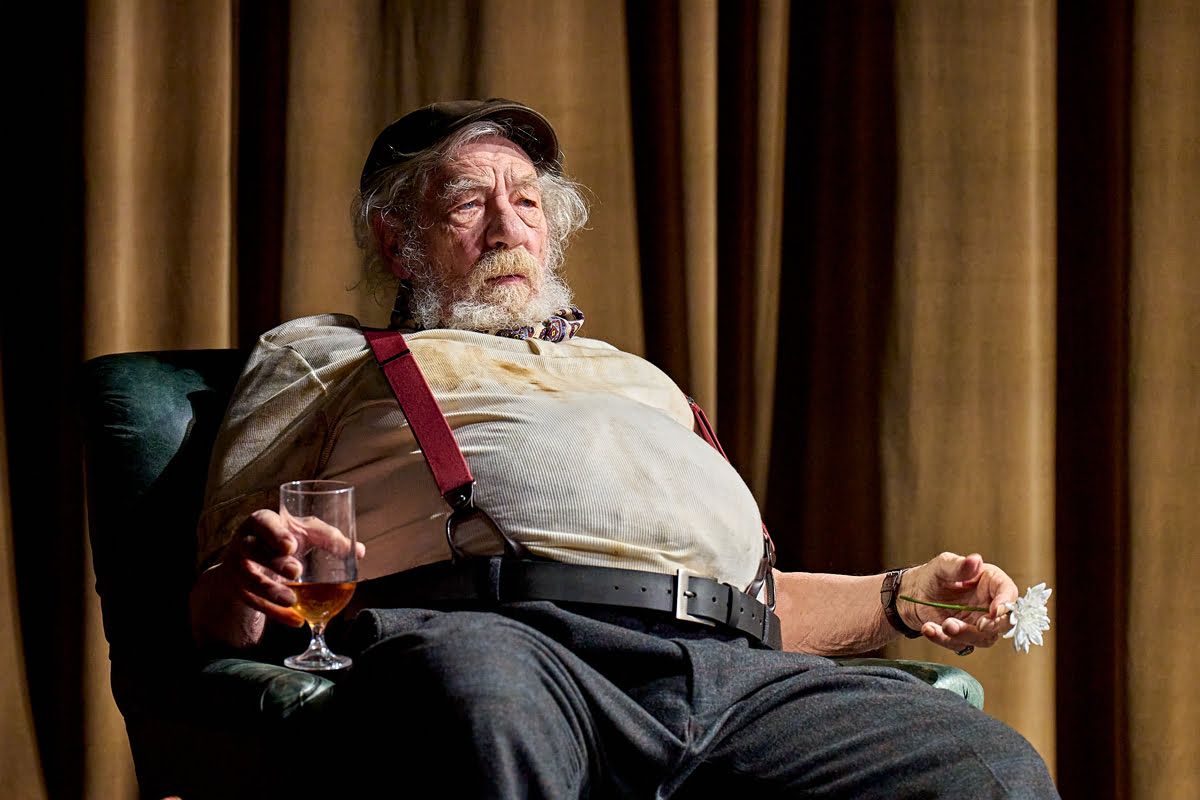How Cancer Impacts Your Relationships
Receiving the news that you have cancer can bring forth a variety of feelings, and this can lead to modifications in your normal routine that can be very overwhelming for you and your loved ones.
Partner
The person closest to someone living with cancer is usually the one to endure the biggest impact. There’s enormous range of emotions that each of them may experience after the diagnosis, such as fear, distress, and anger, which can have a big effect to the relationship between them. The way the couple handles the situation varies, but in some cases it can bring them nearer together as they fight the illness. The partner is usually the one who provides the necessary day-to-day assistance. The cancer may introduce several alterations to their partnership, encompassing character transformations, physical and psychological needs, as well as modifications to intimacy and sex. Having open and honest communication between the pair can be very beneficial for coping with the alterations. Counselling can also supply beneficial assistance.
Children
It is difficult for children when one of their parents is diagnosed with cancer, as they may not understand the situation or the repercussions. It is paramount to be honest with kids so they understand what is happening. Each age group tends to display distinct behaviours in response to the upheaval. Younger children may be anxious or become impulsive, while teenagers might retreat or resort to risk-taking.
Friends and Acquaintances
Teenagers and young adults who have not yet encountered someone with cancer may not be sure how to respond. Here are some typical reactions from friends and the possible reasons for them.
A combination of emotions and misunderstandings.
- If your friends stop talking to you, don’t bring up your cancer in conversations or reach out to them, they may be avoiding you due to your diagnosis:
- Not know what to say
- Be cautious of speaking incorrectly.
- Be concerned about making you unhappy.
- Believing you are not up to having a conversation or too unwell to do so.
- If nobody is coming to see you or asking you to do things with them, it could be a sign that your friends are not around:
- Consider if you do not desire guests.
- Fear seeing you not looking the same or ill.
- Consider whether you are feeling well enough to participate in activities.
- Have a sense of remorse for enjoying yourself when you are diagnosed with cancer.
During heavy therapy, the people you are permitted to spend time with may vary. It will depend on how close they are to you, how much they can tolerate, and other elements. This does not imply that your bounds with those other people have ended, it just implies that those relationships have switched in some capacity.
How to communicate with your pals.
As per Fenbenlab it is your choice to decide how much information to give to those around you about your cancer and treatments. Decide before talking to others if you feel anxious. It is your decision how much to divulge; remember that posts on social media are viewable by the public. If your friends haven’t mentioned it, take the initiative to tell them how you are feeling and what you are able to do. Invite them to do something fun and manageable as a way to get help. https://fenbenlab.com/shop/





